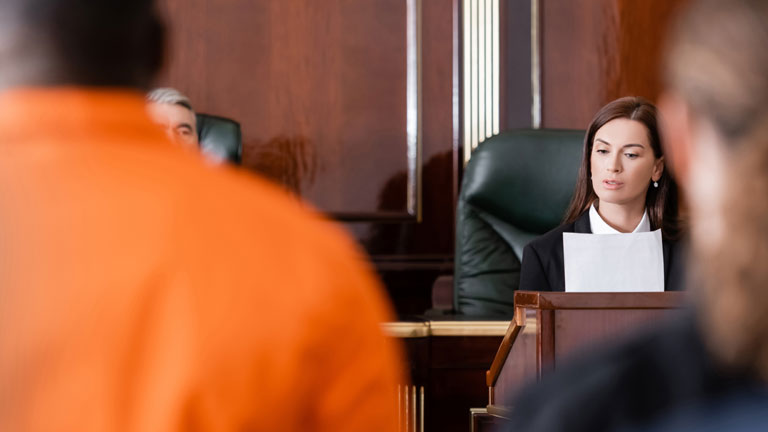
After you are arrested for a DUI, you will need to appear in court for a hearing. This will determine whether you are guilty or not.
A DUI case is a complex one, and a good attorney can help you navigate the process. This article will discuss some of the important issues that may arise during your court hearing.
Arraignment
If you have been arrested and charged with DUI, you will most likely be issued a notice of an arraignment date. At this court appearance, you will be given documents and instructions on your rights. You will also have a chance to ask for an attorney and if you choose, enter a plea of not guilty or guilty.
The arraignment is the first court appearance in the case and it can be confusing for defendants to understand what they should say and how it might impact the outcome of their case. A good DUI defense lawyer can help defendants avoid saying things that might be incriminating and used against them at trial.
At the arraignment, the judge will typically read the criminal complaint to you in open court and advise you of your constitutional rights. The court will set dates for future proceedings in your case and may require you to post bail if you have not already done so.
Pretrial Conference
During the pretrial conference, the prosecutor will present all of the evidence they have against you. This includes police reports, witness statements, lab reports, and security footage.
This is the stage where your DUI defense attorney can work to review all of this evidence and build a case. They can also use the pretrial conference to try and reach a plea bargain with the prosecutor.
If you are unable to reach a deal, the judge may use the pretrial conference to help facilitate further discussions and determine if a trial is necessary. If a trial is necessary, the judge may then set a date for your DUI court hearing.
A good DUI lawyer will handle the pre-trial conference on your behalf so that they can ensure that the process goes smoothly and that the prosecutor does not ask questions that might lead to you incriminating yourself. They are also experienced in negotiating with prosecutors and have a strong rapport with them that can help to achieve the best results for you.
DMV Hearing
After you’re arrested on a DUI charge, your driver’s license will be suspended until the court case. You will then be scheduled for a DMV hearing where the hearing officer for the DMV (Driver Safety Office) will hear evidence and decide whether to reinstate or suspend your license.
The DMV hearing is a separate proceeding from the court case and involves a different set of rules and procedures. At the hearing, you and your attorney have a right to present and cross-examine witnesses, challenge evidence, and produce exhibits.
A DMV hearing is conducted by a person called a “hearing officer.” These individuals are employees of the DMV who are trained to conduct these hearings. While they have the authority to make significant decisions regarding a driver’s license and driving privileges, they are not attorneys or judges and may lack legal expertise.
Court Hearing
After you are arrested for DUI, you will be given a court date. This court hearing will determine whether you are guilty or not of the charge against you.
At this first court hearing, the prosecutor will provide you and your attorney with a variety of documents, including arrest reports, witness statements, police video, and the results of your chemical breath test. You will also have the opportunity to review any plea offer that the prosecutor makes.
The prosecutor will then present their case and ask the judge for a verdict. If you are found guilty, you will face penalties like jail time, probation, drug and alcohol treatment, public service, alcohol classes, and fines.




